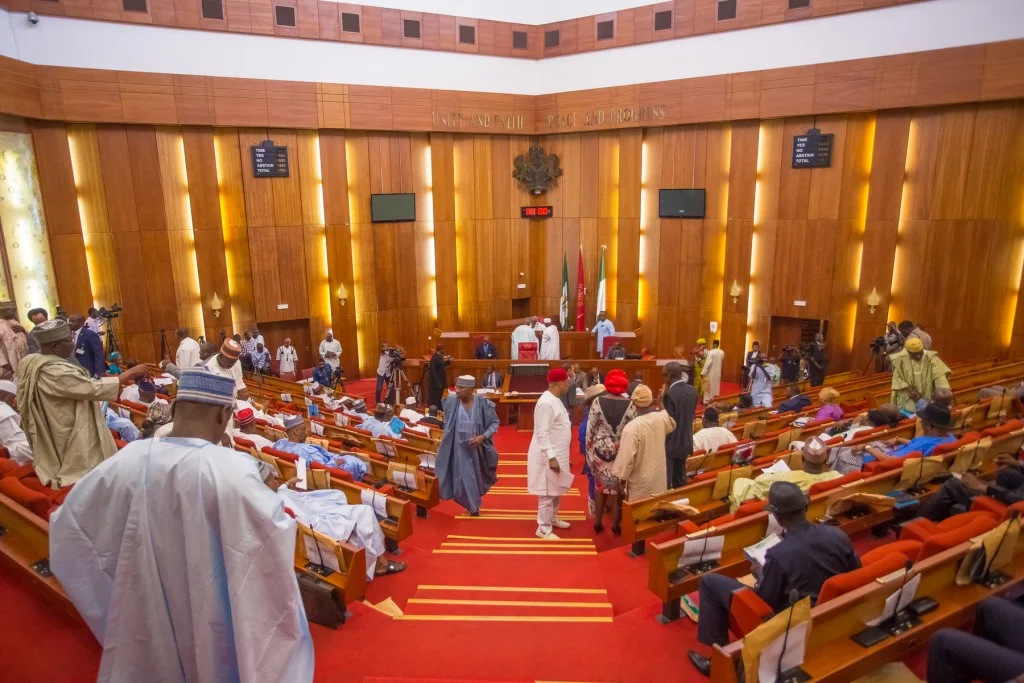The Nigerian Senate has set up a special committee to address contentious aspects of the recently proposed tax reform bills. Deputy Senate President Barau I Jibrin announced the committee’s formation during a plenary session, with Minority Leader Senator Abba Moro appointed as its head. The committee is tasked with consulting the Attorney General of the Federation, the executive branch, and other critical stakeholders to resolve existing controversies surrounding the bills.
The committee includes Senators Titus Zam, Orjir Uzor Kalu, Sani Musa, and Abdullahi Yahaha, among others. Their primary objective is to examine and report on the grey areas of the tax reform bills before the scheduled public hearing.
Presidency Adopts a Conciliatory Approach
President Bola Ahmed Tinubu originally transmitted four tax reform bills to the National Assembly on October 3, 2024, asserting that the legislation would strengthen Nigeria’s fiscal institutions and align with the government’s development objectives. However, the bills have faced major pushback from various quarters, including governors, traditional rulers, civil society organizations, and some federal lawmakers.
Minister of Information and National Orientation Mohammed Idris has explained the government’s approach to the controversial tax reform bills. “It is very inspiring to see Nigerians from all walks of life coming out to express their views and opinions on these matters of critical national importance. This is the very essence and meaning of democracy,” Idris stated, in an official statement.
Addressing widespread concerns, Idris stressed that the fiscal reforms are not intended to harm any region. “The fiscal reforms will not impoverish any state or region of the country, nor will they lead to the scrapping or weakening of federal agencies,” he emphasized. Instead, he claimed the reforms would bring relief to millions of Nigerians and empower state and local governments for sustainable growth.
“It is pertinent to state that the government has nothing sinister to warrant the suggestion that the process is being rushed. In line with the established legislative procedure, the Federal General welcomes meaningful inputs that can address whatever grey areas there may be in the bill.
“In this vein, President Tinubu has already directed the Federal Ministry of Justice and relevant officials who worked on the drafts to work closely with the National Assembly to ensure that all genuine concerns have been addressed before the bills are passed.
“We are indeed witnessing, at this moment in the history of Nigeria, the most far-reaching, impactful and beneficial set of fiscal reforms that Nigeria has seen in decades.
“In addition to the four tax bills being debated and deliberated upon, there is also the 2023 Supreme Court ruling on financial autonomy for local governments, which will significantly empower the tier of government that is closest to the Nigerian people,” he said.
Idris assured Nigerians that the reforms aim to increase revenues without imposing additional tax burdens, with a focus on creating mechanisms for greater accountability in public resource management. “On top of this necessary foundation, the resources being conserved and realised from these reforms will be invested in critical infrastructure like healthcare, education, transportation, digital technology, and in social investments that will benefit all Nigerians and ensure that no one is left behind,” he added.

Leave a Reply